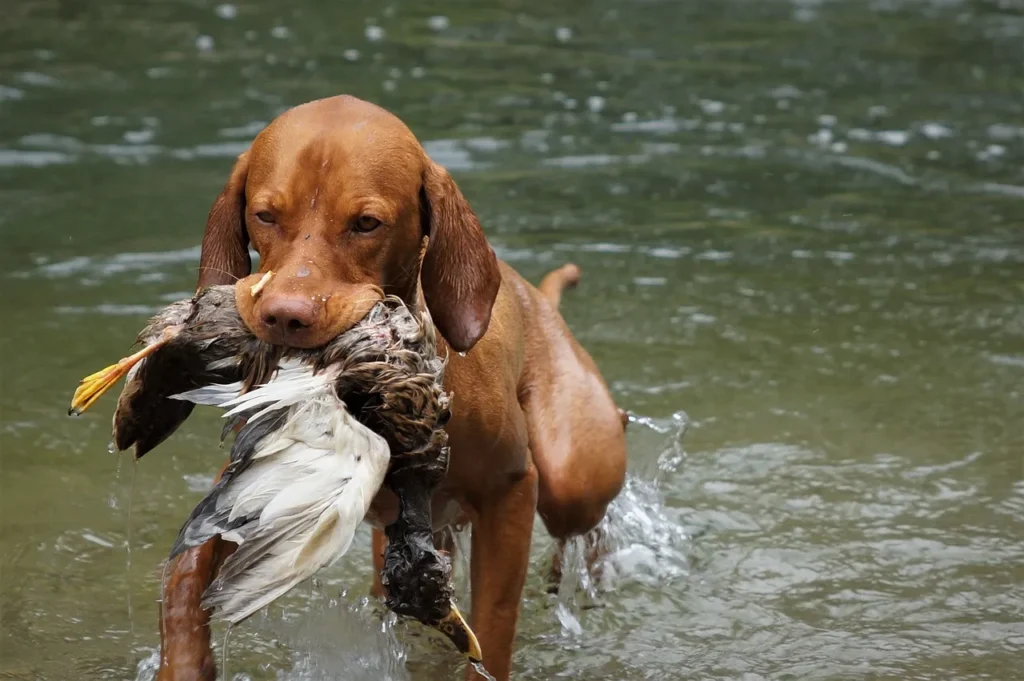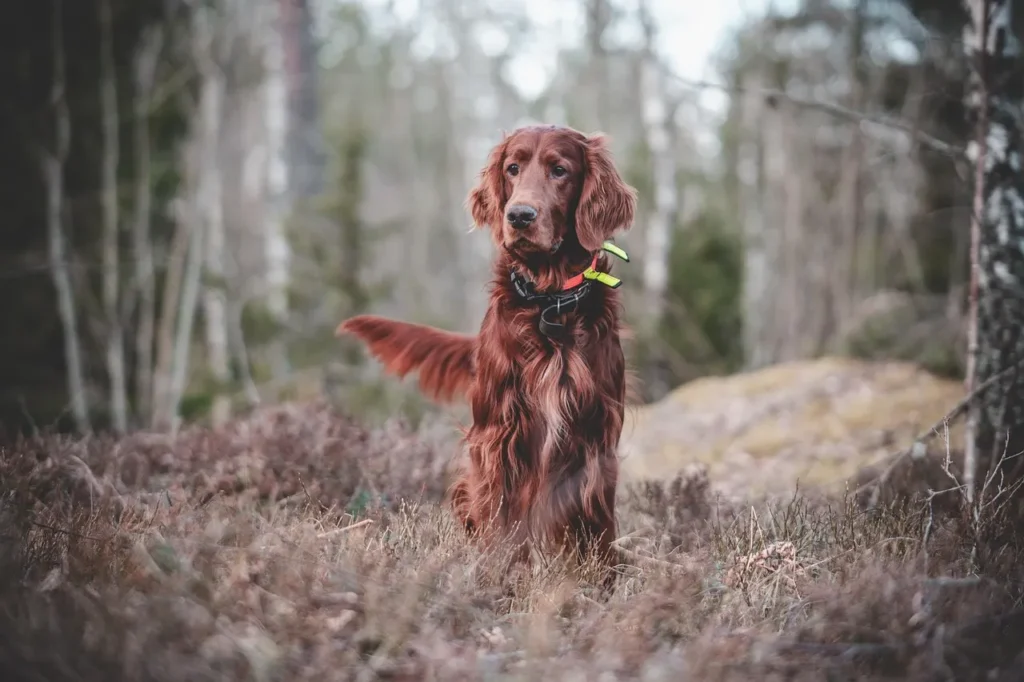How a Top Breeder Turns Puppies Into Elite Hunting Dogs
Introduction
Hunting dogs have worked alongside humans for centuries. From flushing out game to tracking scents across great distances, these loyal companions are more than just pets — they are trained athletes with instinct, intelligence, and endurance. To learn more about what makes a great hunting dog and how they are raised, we sat down with Luka Petrović, a lifelong dog breeder who specializes in hunting breeds.
Interview with Luka Petrović, Hunting Dog Breeder for 20+ Years

Q: Luka, how did you get started with breeding hunting dogs?
Luka:
It started with my grandfather. He was a hunter and raised English Setters. I grew up around dogs trained for the field. When I was 18, I started training dogs myself, and soon after, I began breeding. It’s been over 20 years now. I can’t imagine doing anything else.
Q: What breeds do you specialize in, and why?
Luka:
I focus mainly on Pointers, Setters, and German Shorthaired Pointers. These are versatile hunting breeds. They have great noses, good stamina, and are easy to train. Each one has a different personality, but they all love to work. That’s important in the field.
Q: What are the most important qualities in a hunting dog?
Luka:
Instinct is number one. A good hunting dog is born with the drive to hunt. You can train technique, but you can’t teach natural instinct. After that, obedience is key. The dog must listen and work with the hunter. Stamina and a good nose are also essential.
Q: How do you train a young puppy for hunting?
Luka:
We start early, around 8 weeks, with socialization and basic commands. Then we introduce scents and let the pup explore the field. We never rush. Each dog has its own pace. By 6 months, they start more structured training — pointing, retrieving, and tracking.
Q: What’s the biggest mistake new hunters make with their dogs?
Luka:
They expect too much too soon. You can’t push a dog into becoming perfect overnight. Some hunters also skip professional training or don’t keep up the practice. A hunting dog needs regular work to stay sharp.
Q: How do you choose which dogs to breed?

Luka:
Temperament, working ability, and health. I only breed dogs that have proven themselves in the field and passed health checks. We look at lineage too. I avoid aggressive dogs or those with weak nerves. A hunting dog should be confident but not wild.
Q: Are hunting dogs also good family pets?
Luka:
Absolutely. They’re loyal and affectionate. But they need exercise and mental stimulation. If you keep them locked indoors all day, they can get bored or destructive. A hunting dog is happiest when it has a job or regular activity.
Q: How has technology changed the way people hunt with dogs?
Luka:
GPS collars are a big help now. You can track your dog in the woods and know where they are at all times. It’s safer for the dog and gives the hunter peace of mind. But the basics haven’t changed. It’s still about teamwork between man and dog.
Q: What’s one story that stands out from your years with hunting dogs?
Luka:
Once, my dog Zara, a Setter, tracked a wounded pheasant for nearly an hour through dense forest. I thought we lost it. But she found it, pointed it, and waited for me. That kind of loyalty and skill — you never forget it.
Q: Any advice for someone looking to buy their first hunting dog?
Luka:
Do your homework. Choose a breed that matches your lifestyle and type of hunting. Talk to breeders. Visit kennels. And most of all, be patient. A good dog is worth the wait and effort. It’s not just a hunting partner — it becomes family.
Conclusion
Hunting dogs are more than just companions in the wild. They are partners in a tradition that spans generations. With the right care, training, and respect, they will give back more than they take. Thanks to experts like Luka Petrović, the art of breeding and training these remarkable animals continues to thrive.
About the Author
Ana Milojevik is a writer and researcher with a deep interest in working animals, rural culture, and traditional lifestyles. She regularly explores the intersection of nature, heritage, and human-animal relationships. When not writing, Ana enjoys spending time in the countryside, learning from breeders, farmers, and craftsmen who keep old-world skills alive. Her work continues to highlight the lives and expertise of dedicated hunting dog breeders like Luka Petrović.